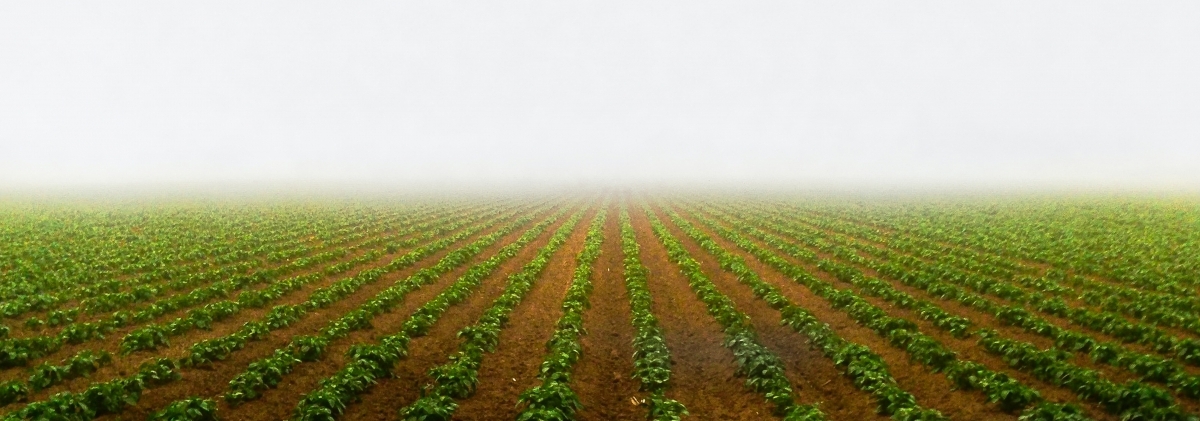Global food insecurity is on the rise. In 2020, an estimated 928 million people were living in severe food insecurity – 148 million more than in 2019. While the global COVID-19 pandemic was a major driver of this undesirable trend, it was not the only one. In fact, prior to the outbreak of COVID-19, climate variability and extremes had been signposted as one of the leading causes of severe food crises.
Yet, food is the major source of land-use by humans. Indeed, of the 72% of ice-free land that we have put to use, half of that is for the production of food for the species[1]. With the global population set to reach 10 billion by 2050 (versus 7.8 billion in 2021), it is clear that the agri-food sector will have to do more with less in order to meet the most basic needs of the species in a sustainable way.
“The changing nature of climate variability and extremes is negatively affecting all dimensions of food security”
Innovating for future food security
That is where innovative thinking comes into play. Technology has left no stone unturned as it permeates our lives. Its influence is no less notable in the agri-food sector, with algorithms being used to plant more diverse crops in complex patterns in order to increase biodiversity and resilience to pests.
Meanwhile, vertical farming techniques are being deployed in urban farming settings in order to maximise space and efficiency; alongside permaculture design systems, which replicate patterns observed in nature.
Genetic editing techniques, which can alter an organism’s DNA in order to improve yields and reduce environmental impacts, are a further example of the sector’s capacity for innovation. Scientists have employed this technique to engineer crops that can thrive on less water, and are more resistant to pests.
Furthermore, as environmental concerns around our Western meat-based diets mount, alternative meats from plant-based proteins are now being grown in labs around the world.
Regulators and innovators must work in tandem
All these examples underscore the innovation potential of agri-food, in order to solve the problem of how to feed more mouths while shrinking the sector’s environmental footprint.
However, the innovations that the world needs cannot come to market without the backing of regulatory bodies such as the Food and Drug Association in the US, or the European Food Safety Authority, whose job it is to protect consumers from potential health risks and ensure they are well informed of the science that keeps them safe.
AmCham EU is a strong supporter of a science-based approach to risk assessments in the agri-food sector. The removal of regulatory bottlenecks to innovation, such as lengthy approval procedures of novel ingredients and production techniques would go a long way to harnessing the innovation wave that can make our food systems more sustainable.
Meanwhile, better food information for consumers can help them to make healthier dietary choices, while more transparent risk assessment communication can go a long way in combatting persistent myths that sow fear and skepticism around novel production techniques. AmCham EU believes that increased transparency in risk assessment process can strengthen public trust in the scientific basis behind risk assessors’ decisions.
As the world’s largest exporters of agri-food products, the EU and the US have an outsized responsibility to tackle the spectre of growing food insecurity. That starts by adopting an innovation-friendly, risk-based approach to regulation and risk assessment of the sector. AmCham EU aims to meet this challenge, as well as to promote sustainable production and consumption through better regulation, trade and international cooperation in line with the EU’s Farm to Fork strategy.
[1] Behrens, Paul. 2020.The Best of Times, The Worst of Times: Futures from the Frontiers of Climate Science. Indigo Press, UK.



